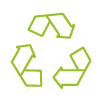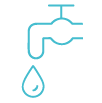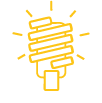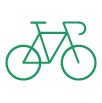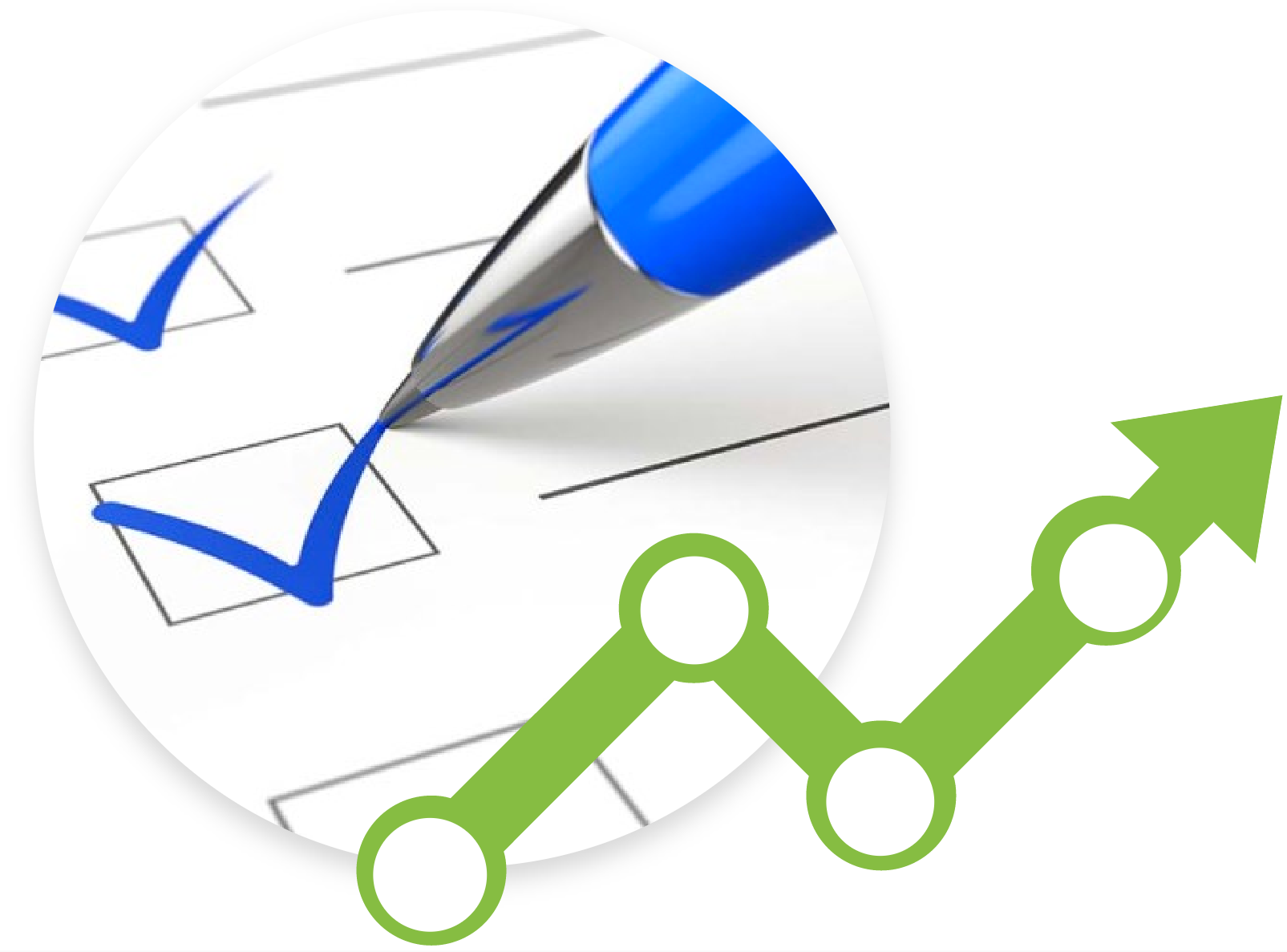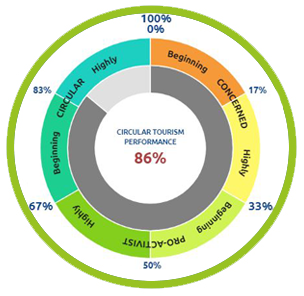Are you a tourist destination or a tourism industry willing to improve your sustainability and circularity but you don’t know where to start?
The Circular Tourism Tools are the answer!
Try them out to know your circular performance level and get some ideas on how you can improve yourself: we have collected good practices that can inspire you from all over the world!



